









It seems we can't find what you're looking for.
It seems we can't find what you're looking for.
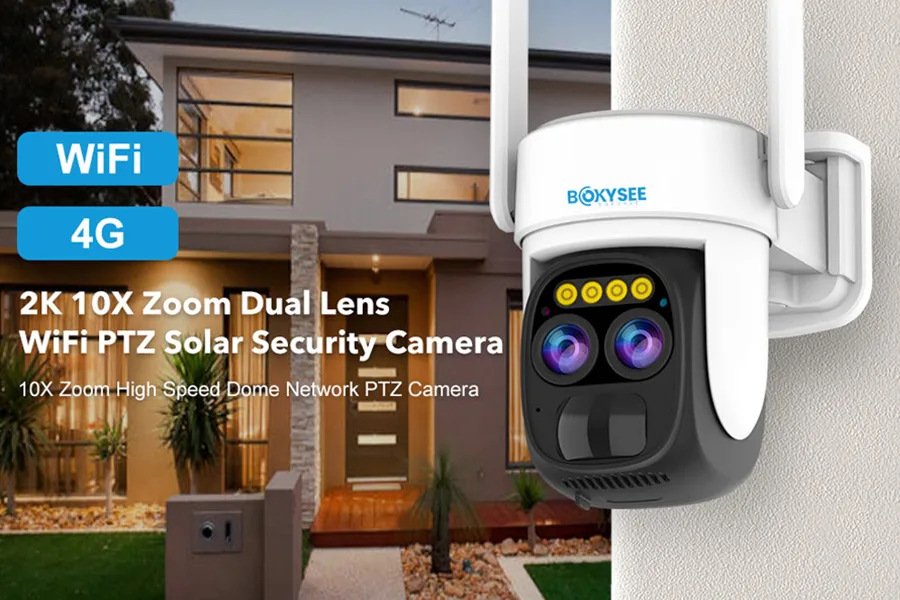
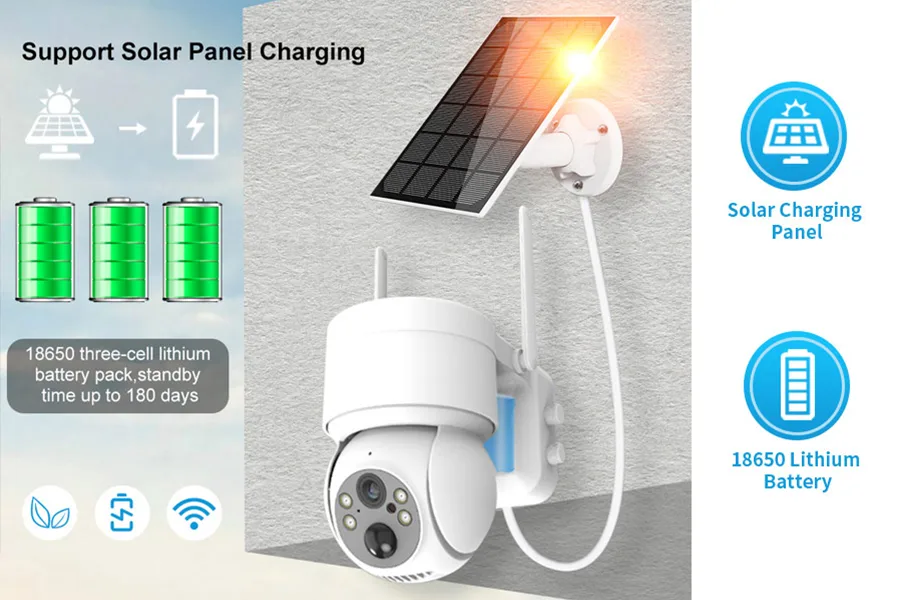
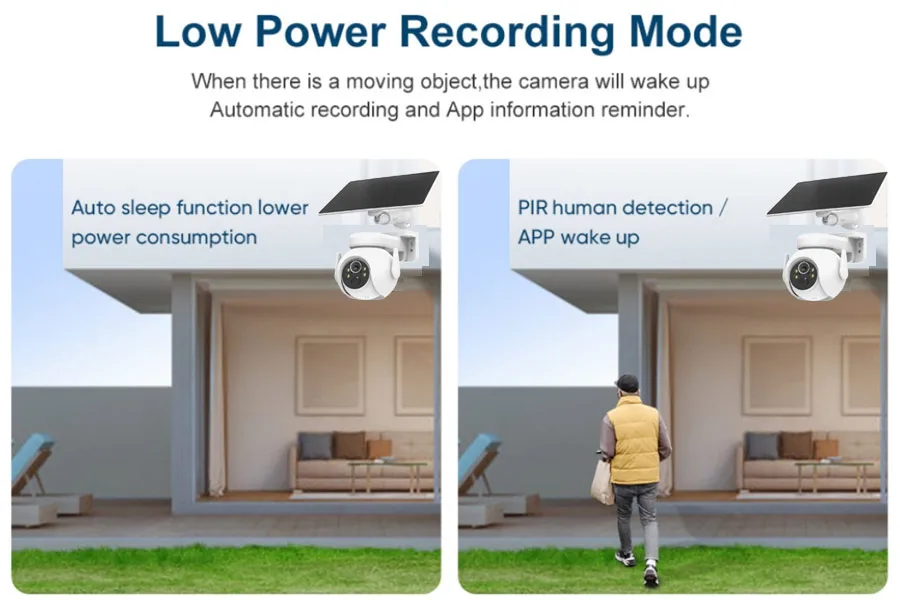
Our Solar Battery Camera is equipped with advanced PIR (Passive Infrared) Motion Detection technology and Two-Way Talk functionality.
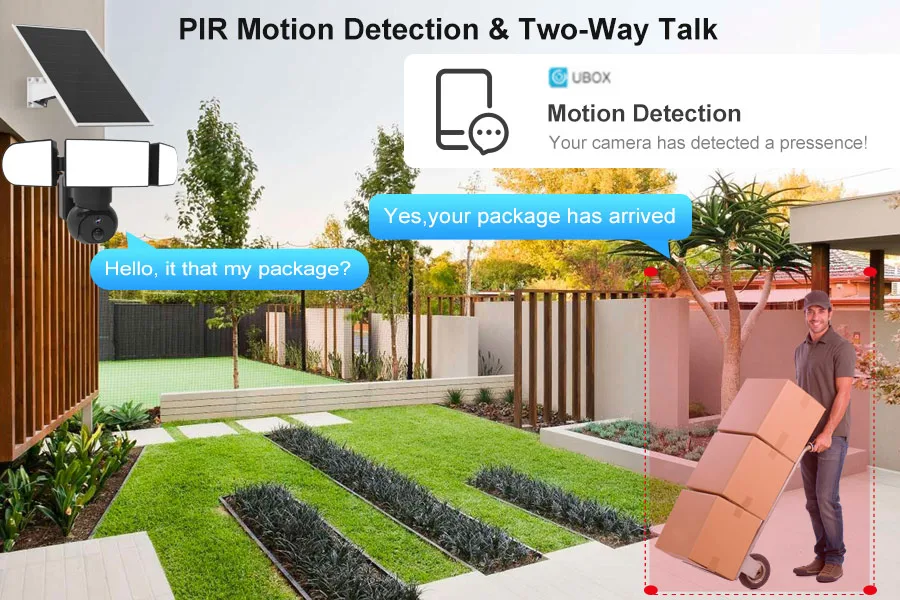
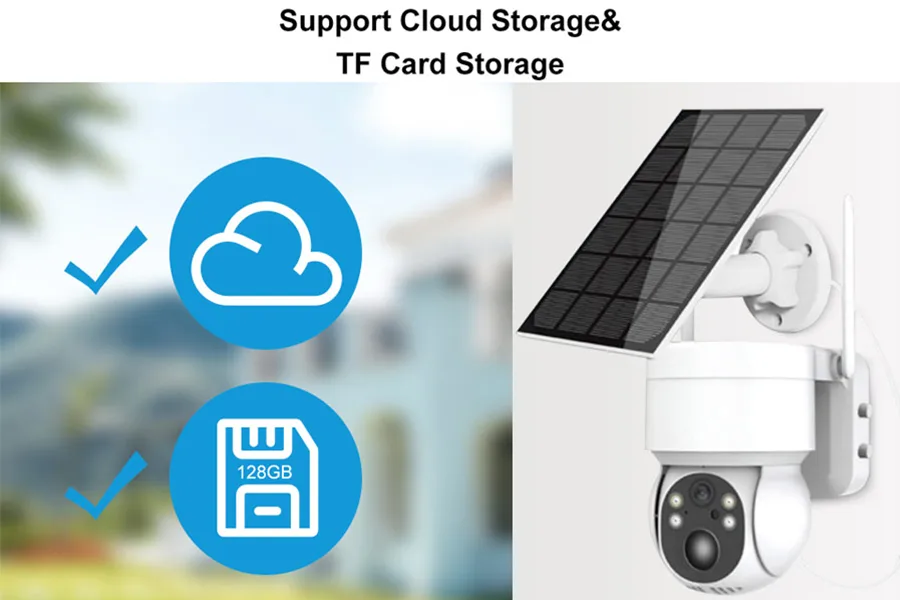

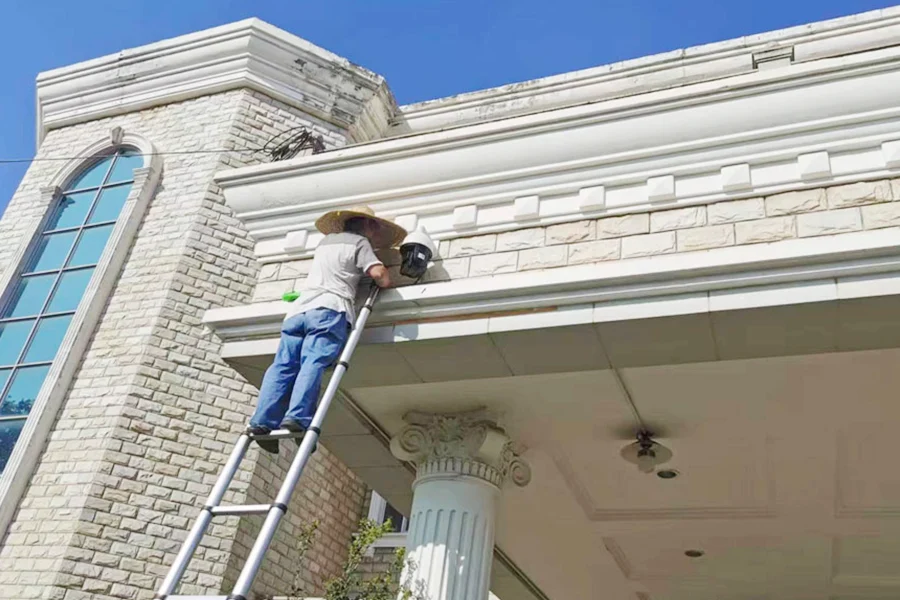
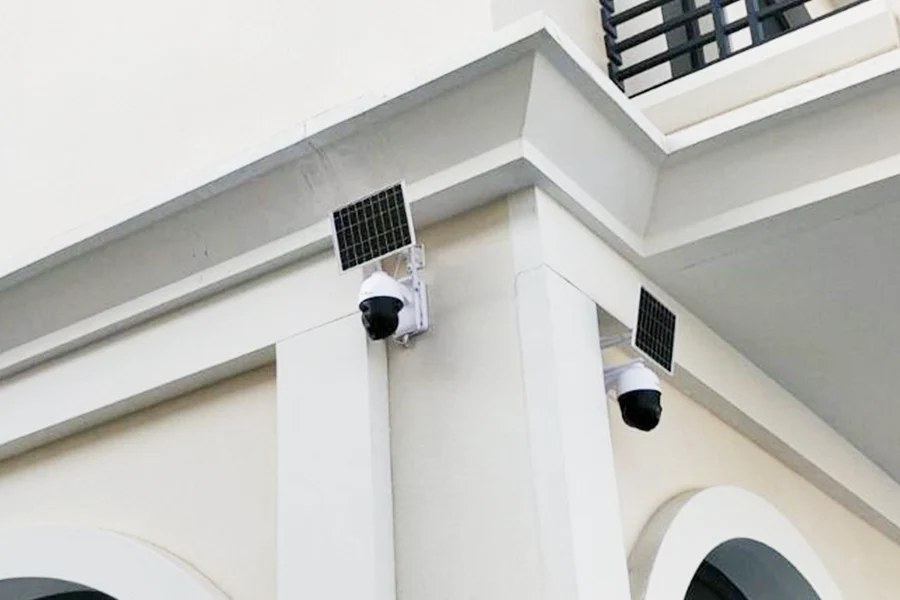
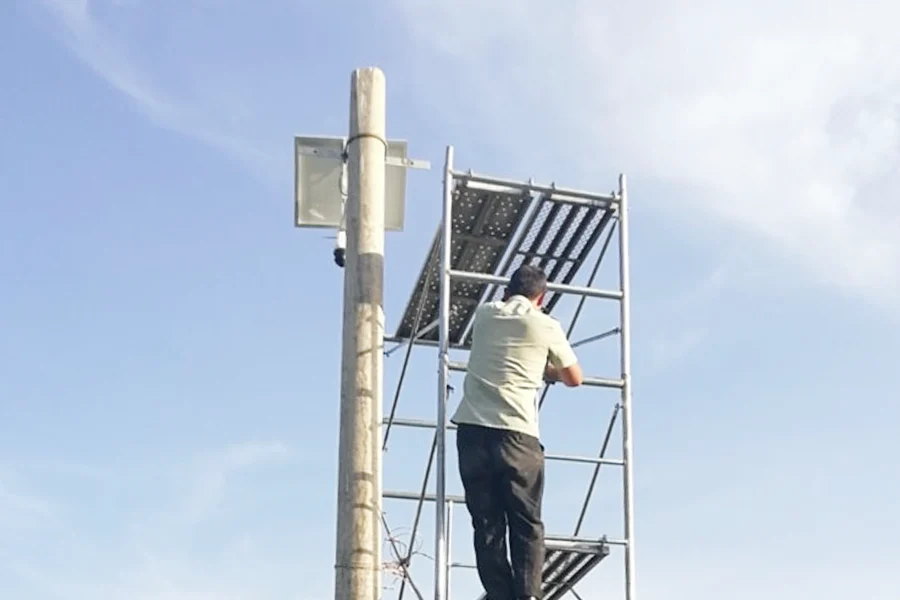
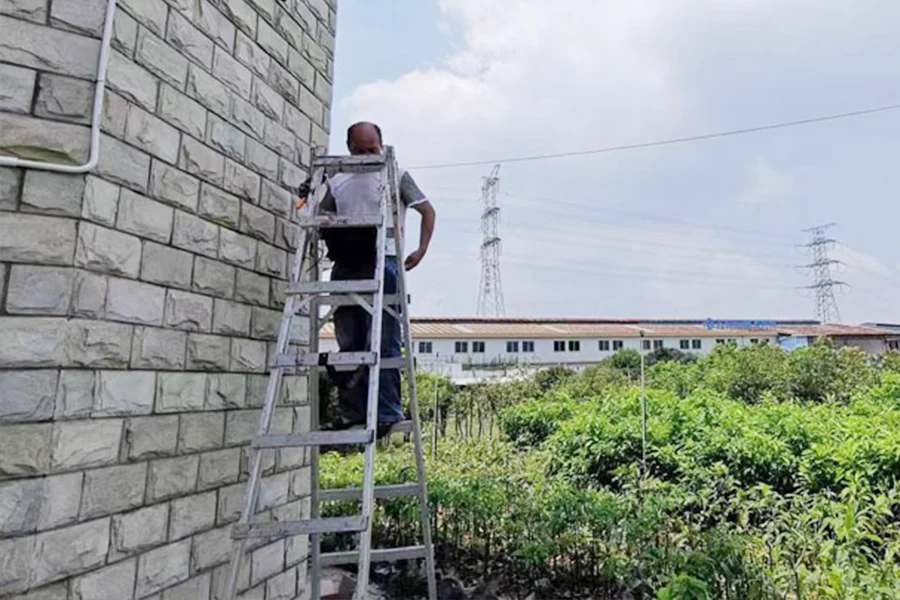
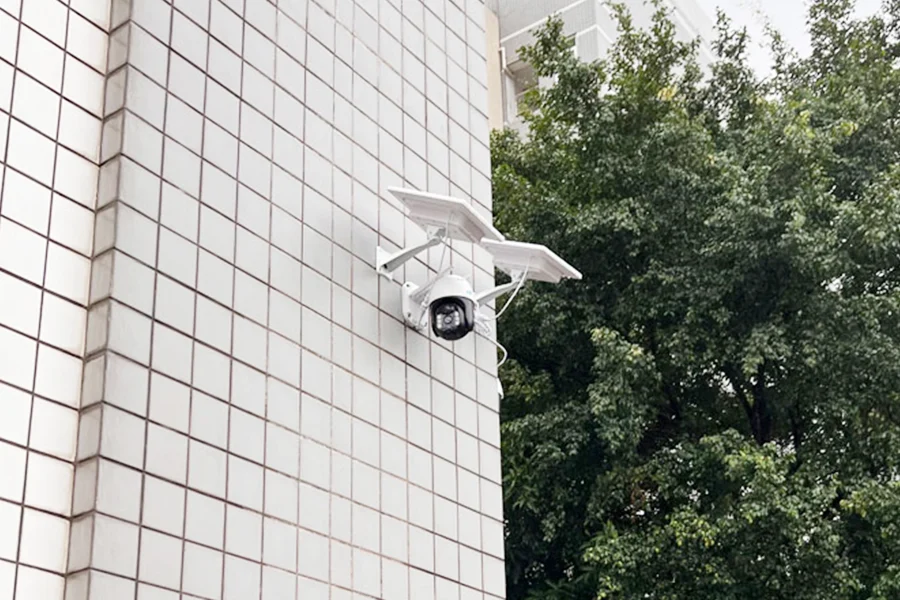
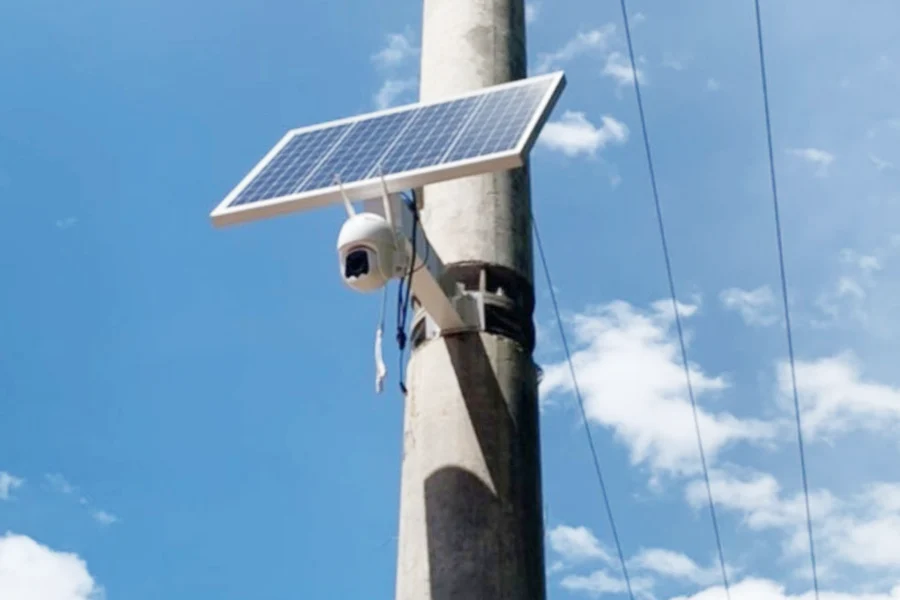
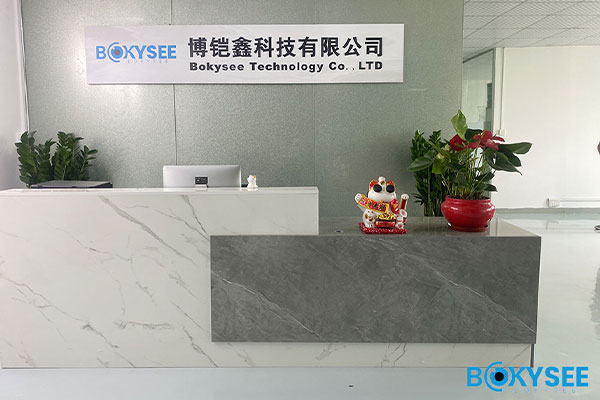
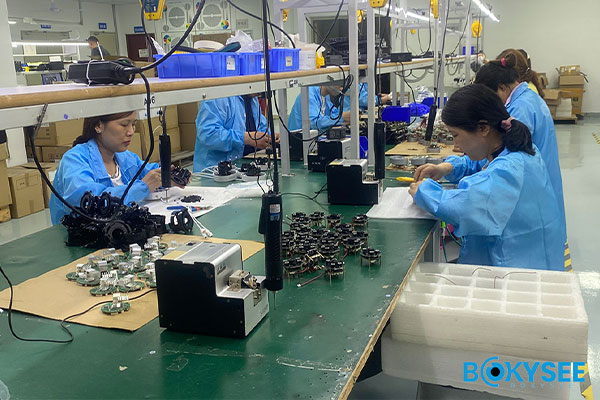
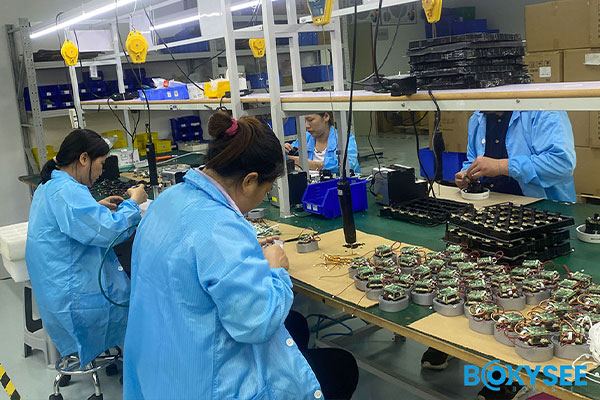
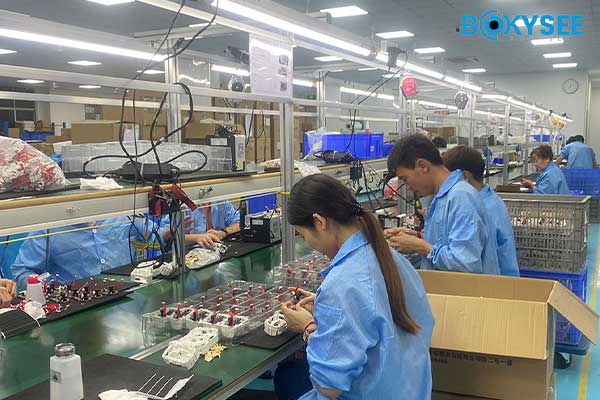
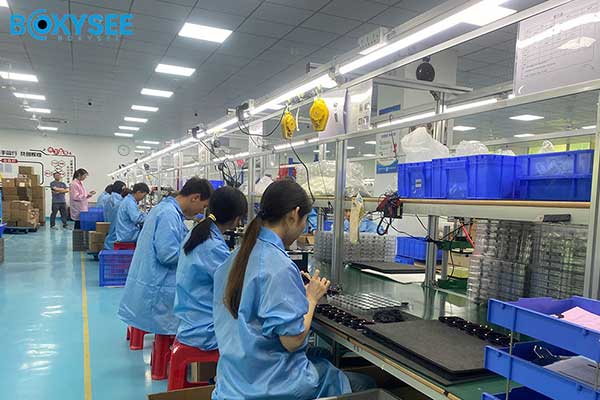
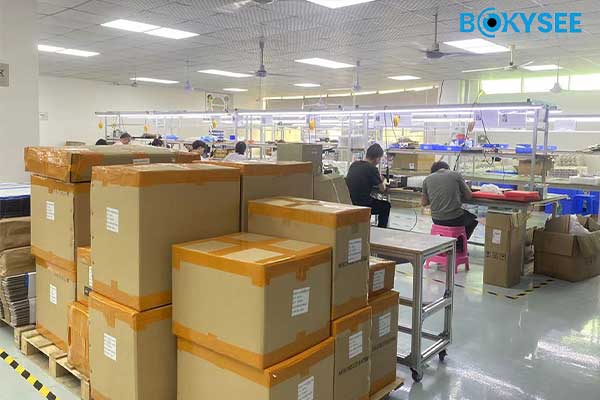

Monthly Yield




The battery life of a Wi-Fi security camera can vary depending on factors such as camera usage, settings, and battery capacity. On average, the battery of a Wi-Fi security camera can last anywhere from several weeks to several months on a single charge. However, some high-capacity batteries or energy-efficient cameras may last even longer.
Solar-powered cameras typically rely on stored energy from their batteries to operate at night or in low-light conditions. During the day, solar panels recharge the batteries using sunlight, which then powers the camera’s operations at night. Therefore, solar-powered cameras can work at night, provided they have sufficient battery capacity to sustain operations.
While direct sunlight can optimize the charging efficiency of solar-powered cameras, they do not necessarily need direct sunlight to function. Solar panels can still generate electricity from ambient light, albeit at a lower rate, allowing solar-powered cameras to charge and operate even on cloudy or overcast days. However, positioning the camera in an area with access to direct sunlight can help maximize charging efficiency.
Solar lights can still work on rainy days, although their performance may be affected by reduced sunlight and charging efficiency. Most solar lights are designed with built-in batteries that store energy during the day for use at night. While rainy or overcast weather may result in slower charging and shorter operating times, solar lights can still function to some extent, especially if they have sufficient battery capacity and efficient energy management systems.
Several factors can contribute to a solar CCTV camera not charging properly. Some common reasons include:
The battery life of this Power Pack is dependent on how often the security camera turns on. This means that the battery life will be significantly less if the camera is in a high traffic area full of motion activity or much longer if it is in a very low traffic area. The period of time that the camera remains recording after the camera senses motion will also impact how long a Power Pack will last.